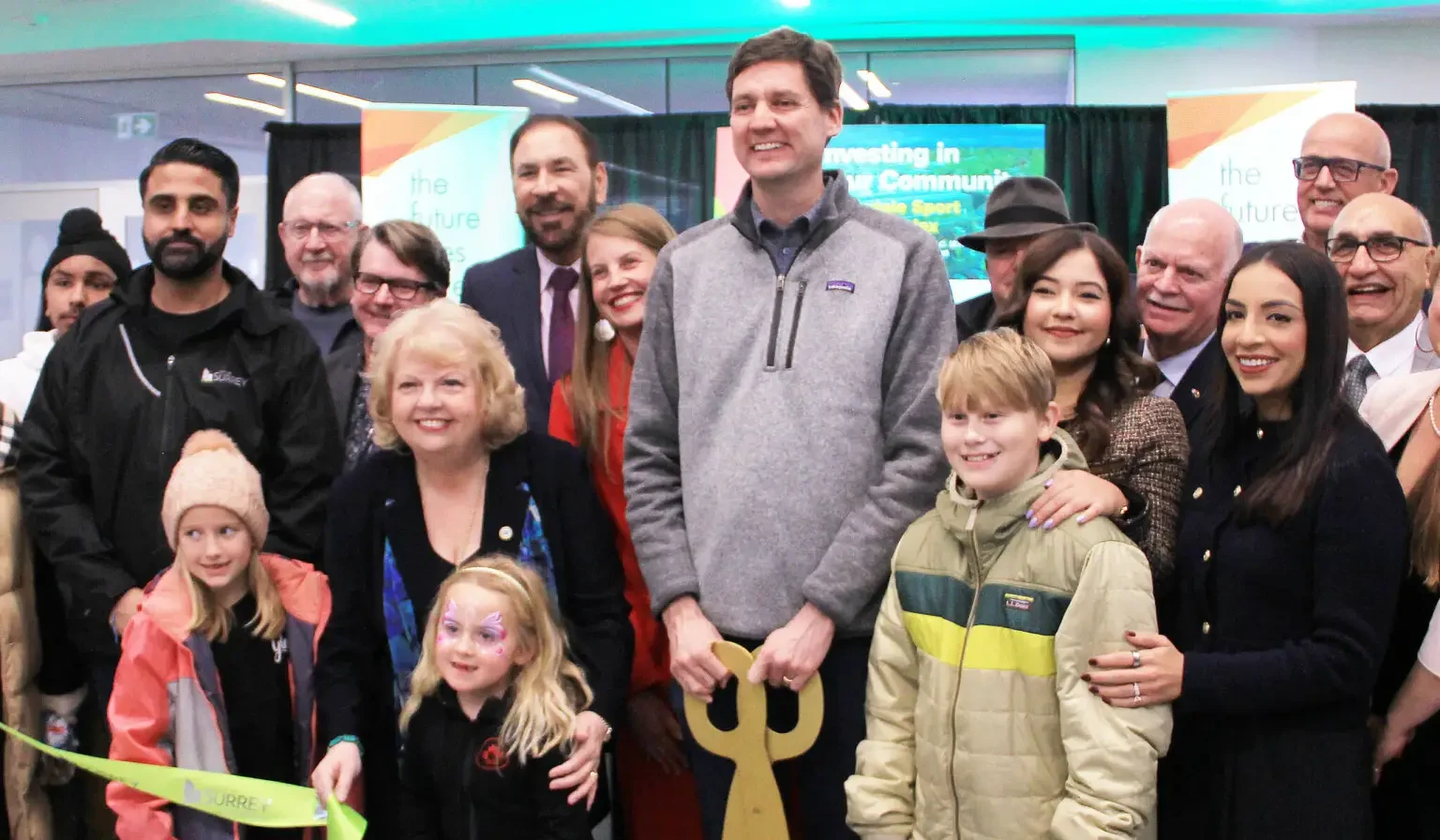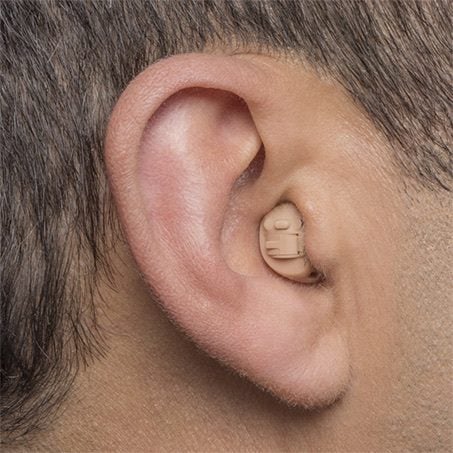NHS GP Dr Amir Khan warns mid-life hearing loss could raise dementia risk. Early testing and hearing aids may protect brain health long-term.
NHS GP Issues Brain Health Warning on Hearing Loss
A UK-based NHS doctor has urged the public to take hearing loss seriously, sharing new advice that links mid-life hearing decline with a heightened risk of developing dementia later in life. The message came from Dr Amir Khan, a well-known GP and media personality, who shared the findings through a viral TikTok video that has sparked widespread public interest.
Doctor Shares Key Advice on Social Media
The video, posted on Dr Khan’s official TikTok, highlights scientific research showing that untreated hearing loss can increase the risk of dementia by up to five times. Citing new evidence, Dr Khan stated, “Hearing loss during mid-life is one of the biggest modifiable risk factors for dementia,” calling for early testing and intervention.
Brain Strain Linked to Cognitive Decline
Explaining the science, Dr Khan said that when the brain has to work harder to interpret sounds due to hearing impairment, it leads to what’s called “cognitive load.” This effort, he noted, pulls energy away from other key functions like memory and reasoning—similar to how too many apps running in the background can slow down a smartphone.
Brain Shrinkage and Isolation Are Hidden Dangers
Dr Khan also pointed to MRI studies that show accelerated brain shrinkage in people with hearing loss, particularly in areas responsible for memory. He emphasized that social withdrawal—often triggered by difficulty in following conversations—can also fuel cognitive decline. “If you’re not connecting, you’re not protecting your brain,” he warned.
Simple Preventive Steps Can Make a Difference
The doctor urged viewers to take preventive action. “Get your hearing tested and use hearing aids if needed,” he said, noting that modern devices are small, powerful, and often life-changing. His message: hearing loss isn’t just a nuisance—it’s a brain health issue.
Public Reacts with Gratitude and Action
Viewers flooded the video with comments, some admitting they had underestimated the issue. One user wrote, “Thanks for the info, I’ll contact audiology.” Another added, “I love my hearing aids. A real game changer.”
Backed by Alzheimer’s Society and Medical Research
The Alzheimer’s Society supports Dr Khan’s message, stating that mid-life hearing loss is a significant, modifiable risk factor for dementia. While not everyone with hearing issues will develop the disease, early action can reduce risks and improve quality of life.
Final Thought: Don’t Delay Hearing Checks
In his closing message, Dr Khan stressed, “Looking after your hearing is looking after your future brain.” Experts recommend regular hearing checks from age 40 onwards, especially if you notice signs of difficulty following conversations or increased forgetfulness.



























